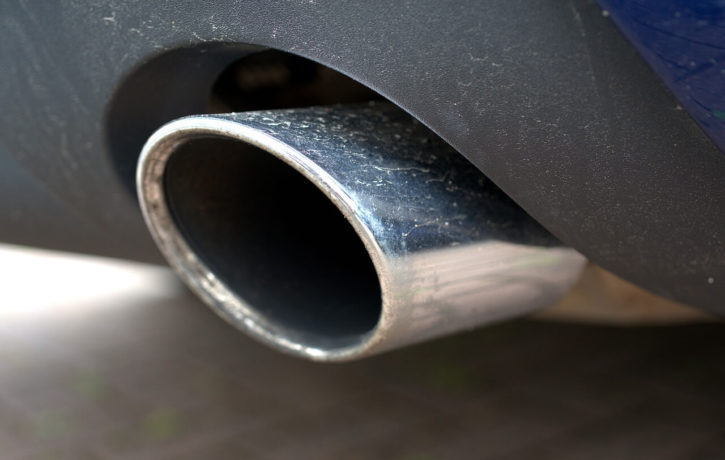Call us biased, but we think cars and their engines are amazing things, but from time to time, things can go wrong and a misfiring engine is one you need to watch out for. Caused by the failure of internal combustion, this is an issue that, while possible to drive with, could be dangerous and should always be checked by a mechanic as soon as possible. But what does an engine misfire feel like, and what could be causing the fault?
What Does A Misfire Feel Like?
Misfiring engines tend to make popping or banging noises in a similar way to a backfire, so by sound, it’s relatively easy to determine that something isn’t quite right. However, determining whether it’s a misfire or a backfire may come down to how it feels. It should be relatively recognisable – the engine will seem to ‘stumble’ at first, though usually regains pace. This stumbling can happen more than once depending on the severity of the misfire and while the car will still move, you’ll notice a significant decrease in drive quality.
Your engine will likely eat through the fuel you have, as it’ll take more pressure on the gas pedal and for longer for the car to go faster, and you’ll likely see a cloud of smoke – or exhaust – behind you. If you’re seeing any of these ‘symptoms’, please get in touch to book your vehicle in for repair.
What Could Be Causing It?
Some of the most common causes of engine misfiring include:
- Air to Fuel Ratio Imbalance
Causing what is known as a lean misfire, an imbalance in air/fuel ratios can cause issues for your engine. These misfires are typically more noticeable when the engine is turning over or idling, but as the speed increases, should disappear. If you’re unsure, it’s always best to get things checked out by a professional – they will typically look at your fuel pump, fuel filter, intake gasket and EGR valve.
- Ignition/Spark Plug Issues
Spark plugs that don’t spark will cause you issues with your ignition – namely, that there won’t be one. Replacement spark plugs aren’t expensive and while they do have a regular maintenance and replacement schedule, can sometimes wear down before that time comes around. If the plugs or the wires are getting old, it may be time to replace them, particularly if you’re seeing erratic idling, misfiring, or check engine lights on your dashboard.
- Fuel Injectors
Faulty fuel injectors can also cause misfiring. If they’re dirty or clogged up, this may be what’s causing the issue and thankfully, they are relatively simple to clean. If you’re not sure where to start, book your car in with a registered mechanic to repair the issue.
- Worn Piston Rings
Pison rings ultimately help to regular oil pressure in the engine and so if they’re in poor condition, this can cause problems. The spark could fire at the wrong part of the combustion cycle, ultimately leading to misfiring of the engine. This is another issue that’s noticeable through a lot of fumes from the exhaust, or where you may be witnessing less power when you accelerate.
- Mechanical Faults
Just like piston rings, your engine is made up of a lot other mechanical components too, and some of these can cause misfiring if they’re in poor condition or need to be replaced. Camshaft lobes, valves, cylinder walls and more can all lead to an engine misfire when worn down, as can head gasket issues or leaks. If you’re really unsure on the cause, your best bet is to book in with a mechanic to have the car fully checked to diagnose the issue.
- ECM Issues
In some cases, it’s the engine control module that goes wrong and causes misfiring. If there is a glitch in the system, it could mess up the combustion process, ultimately leading to misfiring or other ignition issues if not checked and amended. A simple reboot – connecting and reconnecting the battery – can help to reset this back to normal, but if you’re unsure, it’s safest to check with a mechanic first.
A misfiring engine can be a worrying problem to have as a vehicle owner but when diagnosed correctly by approved and high quality mechanics, your vehicle can be back on the road safely in no time.

